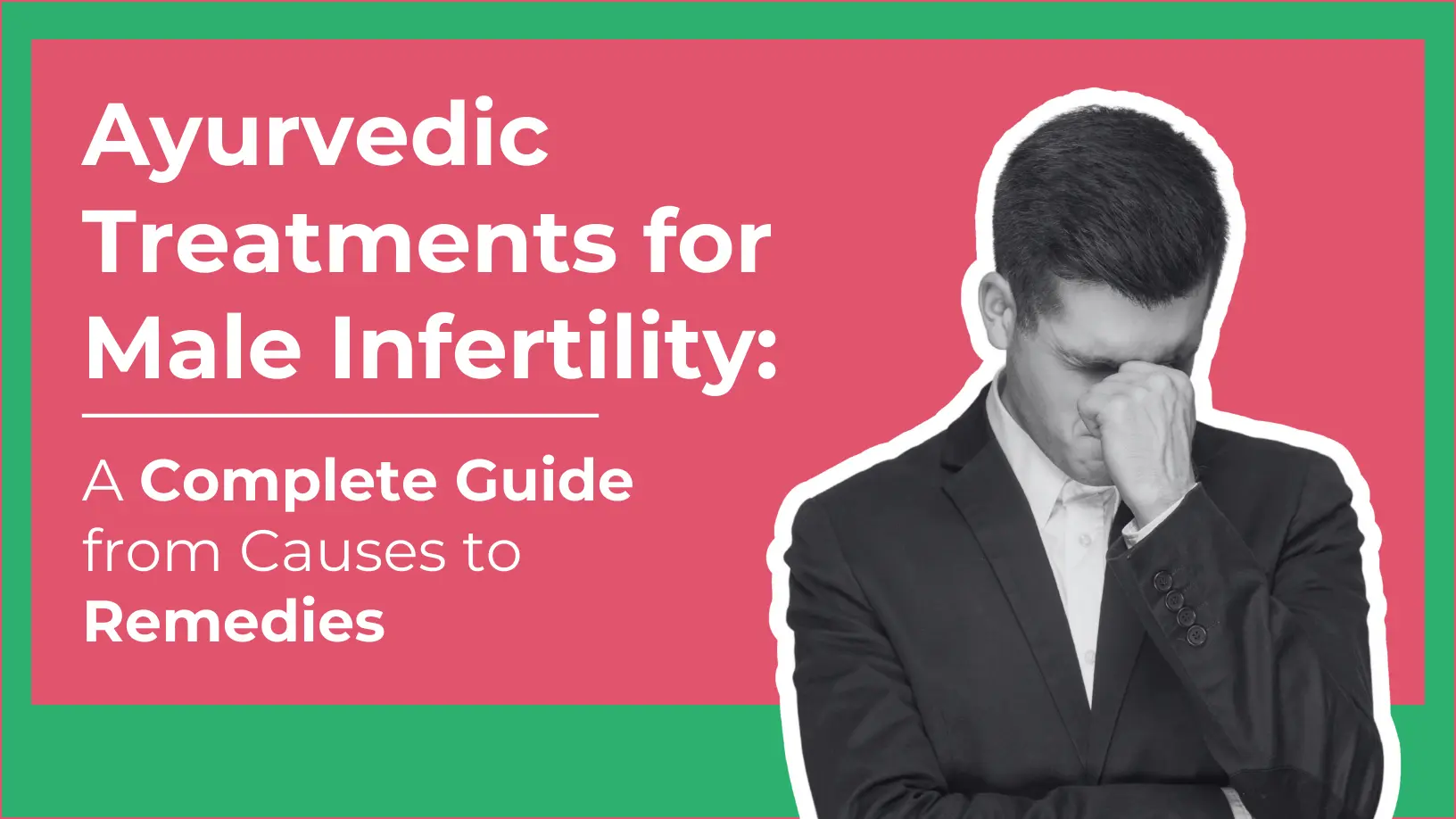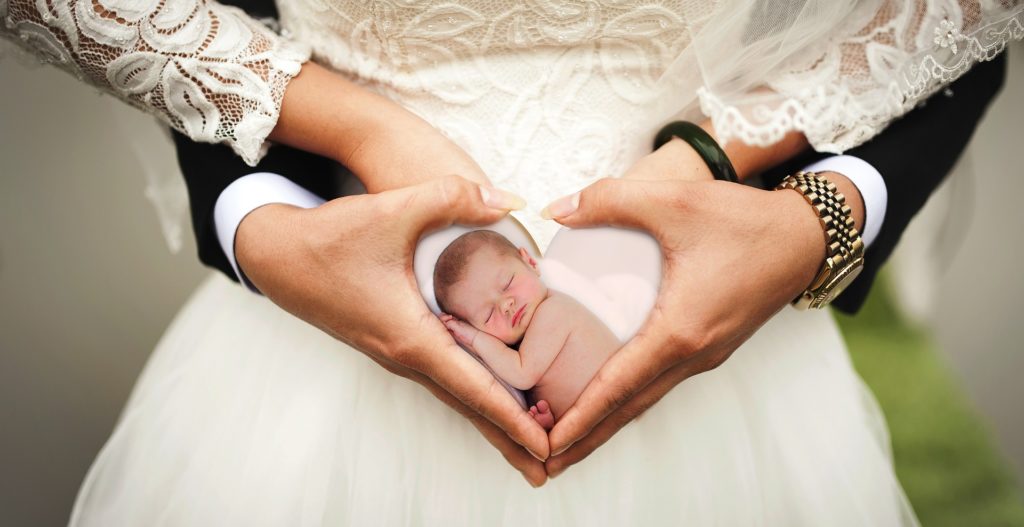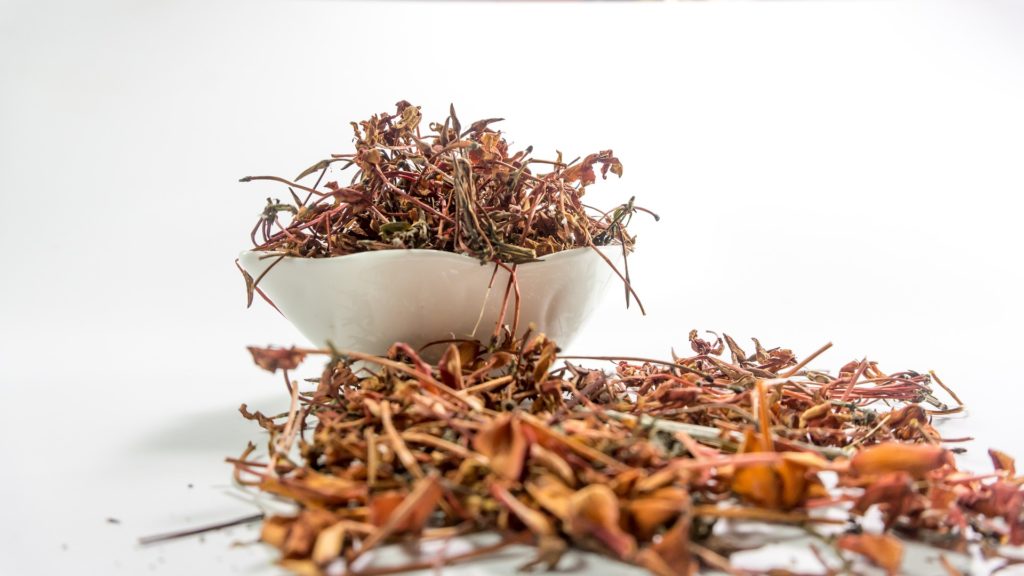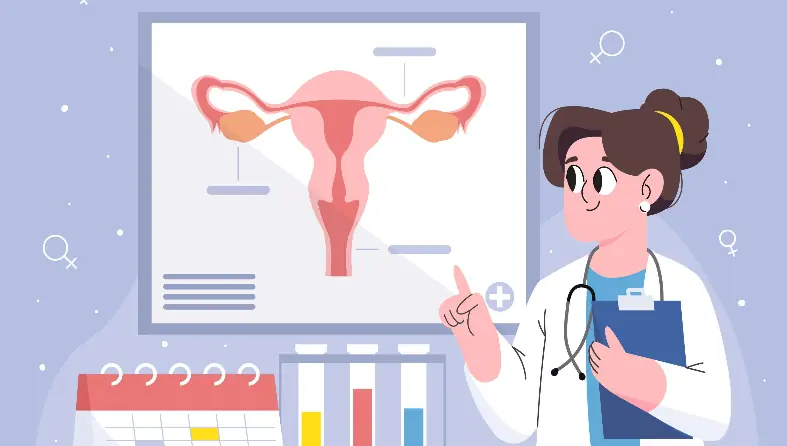Ayurvedic Treatments For Male Infertility: A Complete Guide From Causes To Remedies
Ayurveda, Male Infertility
A friend who was married for 4 years and was having trouble conceiving due to Male Infertility, decided to try the alternative medicine for her distress. Post the one to two years of the honeymoon period, the pressure of bearing a child from her family was mounting, and despite trying for over a year to conceive, she was unable to give a “good news” to them. She mentioned to me that she had undergone a lot of tests and that all reports seemed normal and that she wasn’t able to understand what else to do!
When I asked her about the test reports of her husband, I was taken aback by her response and ignorance. She said, “But he works out, eats healthy and follows a very healthy lifestyle, and also, doesn’t keep his mobile phone in his front pocket, there cannot be any problem with him!”
After convincing her to get her husband tested to rule out any causes of infertility issues in him, it turned out that he had a low sperm count. This got me thinking about the ignorance and lack of awareness around the entire topic of ‘male infertility’.
Let’s have a clear and unobstructed take on the issues related to male infertility.
What Are The Ideal Situations For a Man To Have Good Fertility?

By definition, infertility is the failure to conceive within one or more years of regular unprotected coitus.
Some of the major factors essential for conception with respect to males are:
- Healthy spermatozoa (sperms)- the count, shape, size of the spermatozoa should be taken into account.
- The spermatozoa should undergo the necessary changes and be deposited high in the vagina or near the cervix.
- The sperms must have good motility so that they are able to ascend through the cervix into the uterine cavity and fallopian tubes.
Increase Sperm Count With Yoga | Best Yoga Asanas For Male Infertility
What Causes The Failure To Deposit Sperm High In The Vagina (Male Infertility)?
Ayurveda has long been recognized as a holistic approach to improving overall health, including reproductive well-being. When it comes to male infertility and treatment, Ayurveda provides natural remedies that focus on balancing the body’s doshas, improving sperm quality, and enhancing overall vitality. Many men face fertility challenges due to stress, poor diet, and lifestyle choices, but Ayurvedic practices can help restore balance and boost reproductive health naturally.
- Erectile dysfunction
- Ejaculatory defect- Premature, retrograde or absence of ejaculation
- Sperm abnormality- Loss of motility (asthenozoospermia), abnormal sperm morphology (round-headed sperms, teratozoospermia), Aspermia (failure of emission of semen), Oligospermia (sperm count is less than 20 million per mL), Azoospermia (no spermatozoon in the semen), Necrozoospermia (dead or motionless spermatozoa).
- Errors in seminal fluid- High or low volume of ejaculate, low fructose content, high prostaglandin content and undue viscosity.
What Causes Male Infertility?
One of the most effective treatments for fertility in Ayurveda involves the use of powerful herbs like Ashwagandha, Shatavari, and Gokshura. These herbs are known to enhance sperm production, improve motility, and address hormonal imbalances. Additionally, Ayurvedic therapies such as Panchakarma detoxification play a crucial role in eliminating toxins from the body, thereby improving the chances of conception. Alongside herbal remedies, a sattvic diet rich in fresh fruits, vegetables, and dairy products is recommended to support reproductive health.
- Defective spermatogenesis – The formation of sperms is known as spermatogenesis. This requires an optimum temperature 1-2 degrees lower than the normal body temperature (the prime reason why the scrotum is placed ‘outside’ the body), apart from a healthy hormonal balance.
- Congenital– Birth defects like undescended testes, cause depressed spermatogenesis.
- Autosomal (chromosomal) diseases like Kartagener Syndrome where there is a loss of ciliary function (mobility) and sperm motility.
- Hypospadias – A congenital defect where the opening of the penis is on the underside rather than the tip, which causes failure to deposit sperm high in vagina.
- Thermal factor – Raised scrotal temperature, such as in varicocoele, could interfere with the spermatogenesis.
- Infections – The quality of sperms is adversely affected by chronic bacterial or viral systemic infections.
- Other factors include general debilitating diseases, malnutrition, obesity, smoking, excessive alcohol and substance abuse, endocrine factors, immunological factors, physical obstruction in the efferent ducts and iatrogenic factors like radiation and antidepressant drugs.
Roja – The Girl Next Door Who Fought Infertility
How Can One Identify Male Infertility?
Proper investigations need to be done in order to detect and rectify any abnormality and attempt to improve fertility, also, to give assurance with an explanation to the couple.
Routine investigations are necessary to check the healthiness of the sperms and that include blood and urine examination, including postprandial sugar.
Semen analysis is the most important test which could rule out male infertility. Here the sperm count, motility, morphology, viscosity and viability of sperms can be detected.
In-depth analysis of hormones, fructose content, microscopic studies may also be performed when advised by the doctor.
Infertility Treatment With Ayurveda

Infertility in Ayurveda has been described as Vandhyatwa – failure to achieve conception by a couple of mature age, having normal coitus, during an appropriate period of ritu-chakra (menstrual cycle), regularly for over a year.
The causes of the above have been stated by Charakacarya as due to defects of the bijamsha (spermatozoa and ova). Elaborating further, he mentions regarding clarity and normalcy of ‘manas and hridaya’ (the mental state), properly functioning vayu (nervous system), acceptance of shukra (semen) by the yoni (vagina), in other words, deposition of semen high in the vagina, proper aahara (food and digestion), vihaara (good conduct and lifestyle of the couple), vichaara (thought process, mental stability) and bala (strength and health) are factors essential for procreating.
Causes of male infertility according to Ayurveda
- Shukra dosha (Defects in semen- volume, morphology, motility, sperm count, obstruction in the genital tract or erectile dysfunction)
- Ativyayama (overexertion leads to vitiation of the vata dosha, which is the number one cause of infertility)
- Aahara dosha (improper food habits, not consuming a balanced diet, in turn leading to defective digestion, vitiation of the tridoshas-vata, pitta and kapha, which causes malnutrition)
- Vihara dosha ( abnormalities in lifestyle- over exercise or not exercising at all, late nights, alcohol overconsumption etc.)
- Loss of bala or strength– debilitating diseases, trauma to genital organs, muscle weakness, infections or stricture causing obstructive pathology, which could cause infertility.
- Manasa doshas – refers to mental stress, inability to concentrate which could lead to premature ejaculation or erectile dysfunction.
READ MORE: DO YOU HAVE LOW SPERM COUNT? FIND OUT WHAT ITS SOLUTIONS ARE
The branch of Ayurveda dealing with sexual well-being is called as Vajikarana. Overcoming infertility needs some basic lifestyle modulation.
Panchakarma treatment
Panchakarma treatment has shown to bring the deranged doshas back on track.
A few panchakarma treatment for male infertility are:
- basti
- shodhana
- chikitsa (cleansing therapy)
Exercises and Yoga
Regular exercise, yoga, and eating balanced meals helps in keeping the mind, body and soul balanced. Include the following yogasanas in your daily yoga practice.
- padmasana (lotus pose)
- paschimottanasana (seated forward bend)
- bhujangasana (cobra pose)
- sarvangasana (shoulder stand)
- praivritta trikonasana (twisted triangle pose)
Ayurvedic Medicines
In Ayurvedic terms, dravya denotes the medicine or drug used for treatment. For male infertility, certain dravyas are used to provide Balya (those which increase the strength of the body), brumhana (those which provide necessary nutrition to the body) and vrishya (those which increase fertility).
Some of the recommended dravyas are cow’s milk, cow’s ghee, honey, ashwagandha, bala, shatavari, triphala, shilajitu, musali pak, chyawanaprasha, vrishya vati, kushmanda avaleha, rasayana vati that are known to be helpful in maintaining sexual wellness.
Vajikarana dravyas
A special branch of Ayurveda developed to treat infertility issues is Vajikarana. Some of the Vajikarana dravyas include:
- Semen enhancing dravyas – milk, ghee, shatavari, ashwagandha etc.
- Semen purifying dravyas – sugarcane, kushtha etc.
- Dravyas promoting the fertilization capacity in semen- brahmi, shatavri, guduchi etc.
- For libido increasing- kesar, garlic, long pepper, lavanga (clove) etc.
- Dravyas preventing premature ejaculation- nutmeg, ashwagandha, chandana etc.
Recommended Food Intake
- Include fresh, organic fruits, fruit juices, vegetables, coconut, coconut milk and meat in the diet.
- Dry fruits like almonds, walnuts, black currants, figs, dates etc with milk serve as vajikarana as well.
Psychological Impact Of Male Infertility

Infertility is distressing for couples who are unable to conceive. Men and women respond differently to infertility. For men, the fact that they are unable to procreate results in anger, depression, resentment, feelings of worthlessness, anxiety regarding potency, masculinity and sexual inadequacy. Infertility has been known to cause marital discord, stress, which in turn may cause erectile dysfunction, heightening the insecurities of men.
It is important to understand the difference between infertility and impotence. Infertility is the inability to conceive. Infertile men usually assume that they are unable to perform sexually and this leads to them questioning their masculinity. This stigma needs to be addressed. Impotency is the chronic inability to keep an erection for long. Infertile men need not be impotent.
While it is understandable to feel a loss of identity, low self-esteem and under-confidence, proper counselling, therapy and assurance needs to be given to the couple to help them through the process.
Apart from herbal and dietary solutions, Ayurveda emphasizes lifestyle modifications for treating male infertility and treatment. Regular yoga and meditation help reduce stress levels, which is a significant contributor to infertility issues. Pranayama, a breathing exercise technique, improves blood circulation and enhances reproductive functions. Adopting a healthy sleep routine and avoiding excessive alcohol and tobacco consumption further aid in improving male fertility. Ayurveda’s holistic approach ensures a sustainable and natural way to enhance fertility and increase the chances of conception.
Recommended Therapies
- The most important line of treatment is psychotherapy and counselling to alleviate the stress levels, depression and anxiety surrounding infertility along with addressing and tackling issues of marital discord, low self-esteem and helping the couple cope up with the same.
- Therapies like abhyanga (body massage), shirodhara, nasya, etc relax the mind and body.
It is equally important to give the couple the necessary details of various options like surrogacy, adoption which are available to them.
Frequently Asked Questions
1. How does Ayurveda help in male infertility and treatment?
Ayurveda focuses on improving sperm health, balancing hormones, and detoxifying the body. Using herbs like Ashwagandha and Shatavari, along with therapies like Panchakarma, Ayurveda provides a natural way to enhance fertility.
2. What is the best Ayurvedic treatment for fertility improvement?
The best treatment for fertility in Ayurveda includes herbal remedies, dietary changes, and lifestyle modifications. A combination of stress management, yoga, and detoxification therapies can significantly improve reproductive health.
3. Can Ayurveda for male infertility provide permanent results?
Yes, Ayurveda for male infertility aims at addressing the root cause rather than providing temporary relief. By following Ayurvedic principles consistently, men can experience long-term improvements in fertility and overall well-being.
About The Expert

Dr Ashutosh Chaturvedi (Ph.D Panchkarma) has a wide range of research experience. He is expert in MD(Ayu) PhD, FAGE, PEC in Diabetes (Gasglow). He is the Author of 2 famous books : Ayurvedic Purification & Basti Chikitsa.






Your Comment Is Valuable For Us
Thanks For Your Feedback.